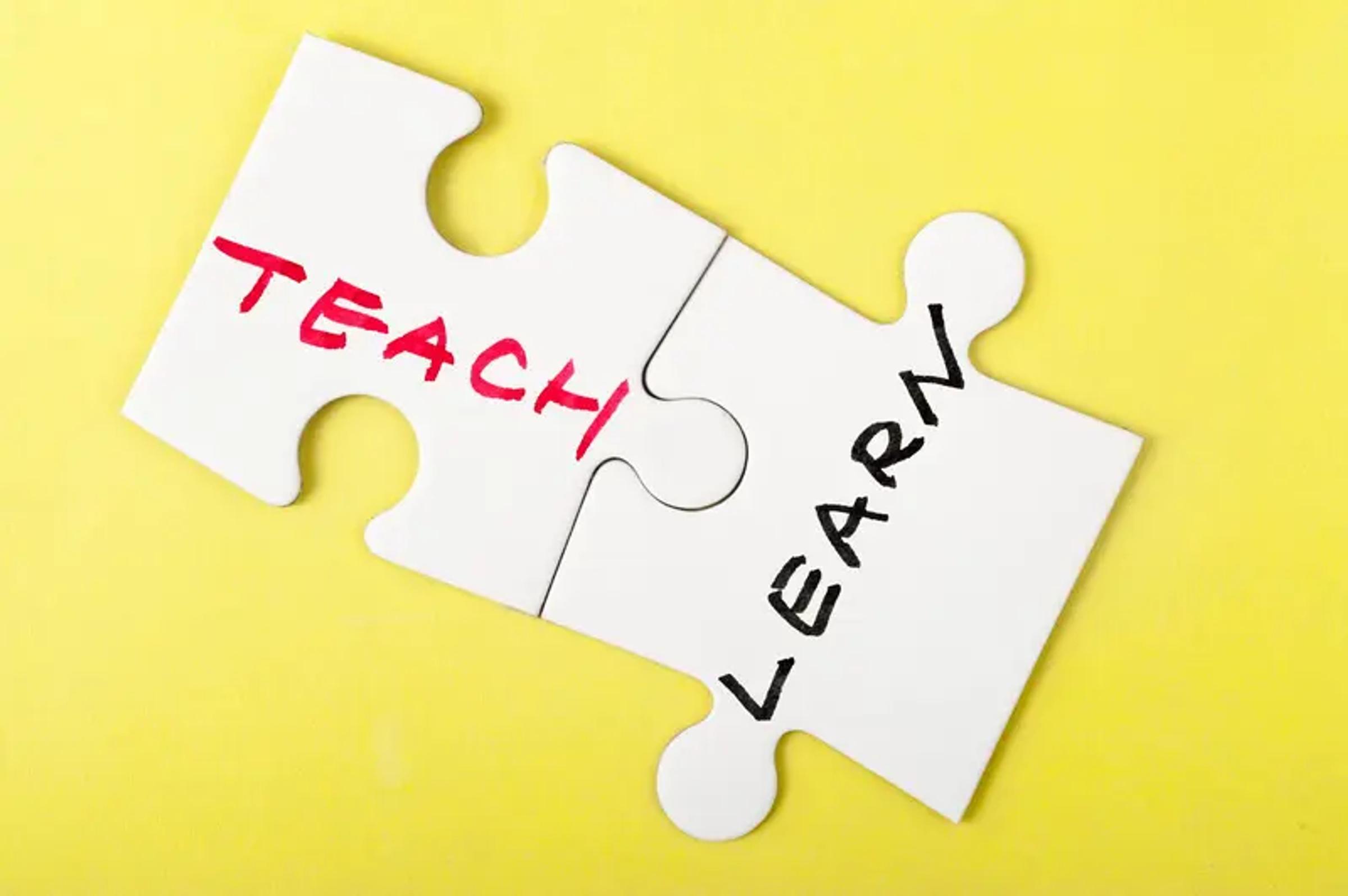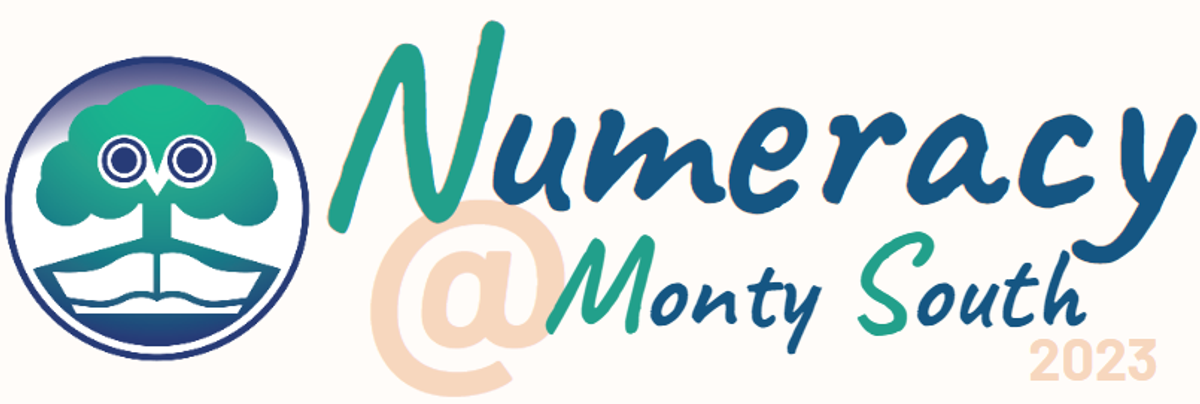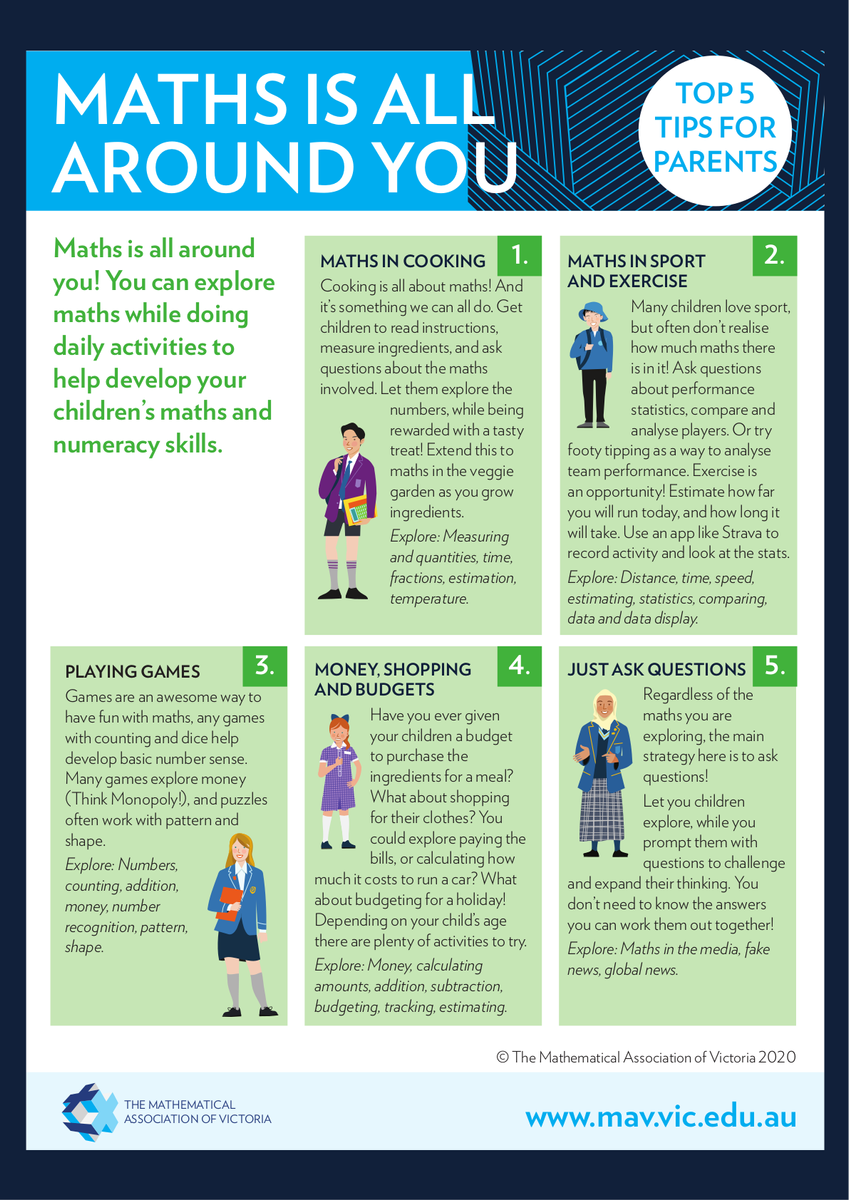Teaching and Learning Update

As mentioned in our previous newsletter, our school has begun a body of work around improving student outcomes in Numeracy. Maths can be a little bit like coriander; you either love it or hate it! It seems to stir up strong emotions in some students and adults, so before we begin our improvement work, we wanted to understand how our students feel about maths.
Over the past few weeks, teachers have been collecting data on how students are feeling about maths across the school. Students have been asked questions like:
- Who do you think is a great maths learner? What do you notice about them?
- How would you describe yourself as a maths learner? What helps you learn well?
- How do you know how you are going in your maths learning?
- How would you describe how you feel when you’re learning maths?
- What do you wish there was more of? What would you like less of?
Asking your child some of these questions is a great way to better understand their dispositions towards maths (and are easily adaptable to any learning area).
As a staff, we also began to explore what great maths learners know and understand, what skills they have and what mindsets and behaviours they exhibit when challenged. We delved into the research behind maths learning to uncover the most important characteristics of a great maths learner. Here were our findings:
- Engaged because they value maths
- Persistent (having a growth mindset)
- Risk takers – valuing mistakes
- Able to make connections to the real world (see below poster for ideas on this)
- Having number sense
- Knowing a range of strategies to solve a problem
As adults, our experiences as maths learners many years ago were quite different to what is now known to be best practice. For students who struggle with maths, like I do with coriander, just the mention of it makes them feel a sense of dread. To assist these students, in fact, all students, we must first remove the barriers. Some of these barriers are created when they value things such as getting the answer quickly over working methodically, memorising processes or facts rather than understanding why, and getting the right answer over learning from mistakes and understanding misconceptions. This could be something to consider if you have a child at home who doesn’t prefer maths…yet!
Come along on the learning journey with us
and consider, what messages are we sending to our young people about what matters most when it comes to being a great maths learner?
Thanks for reading.
Maree Magnabosco | Assistant Principal


